Premium Only Content
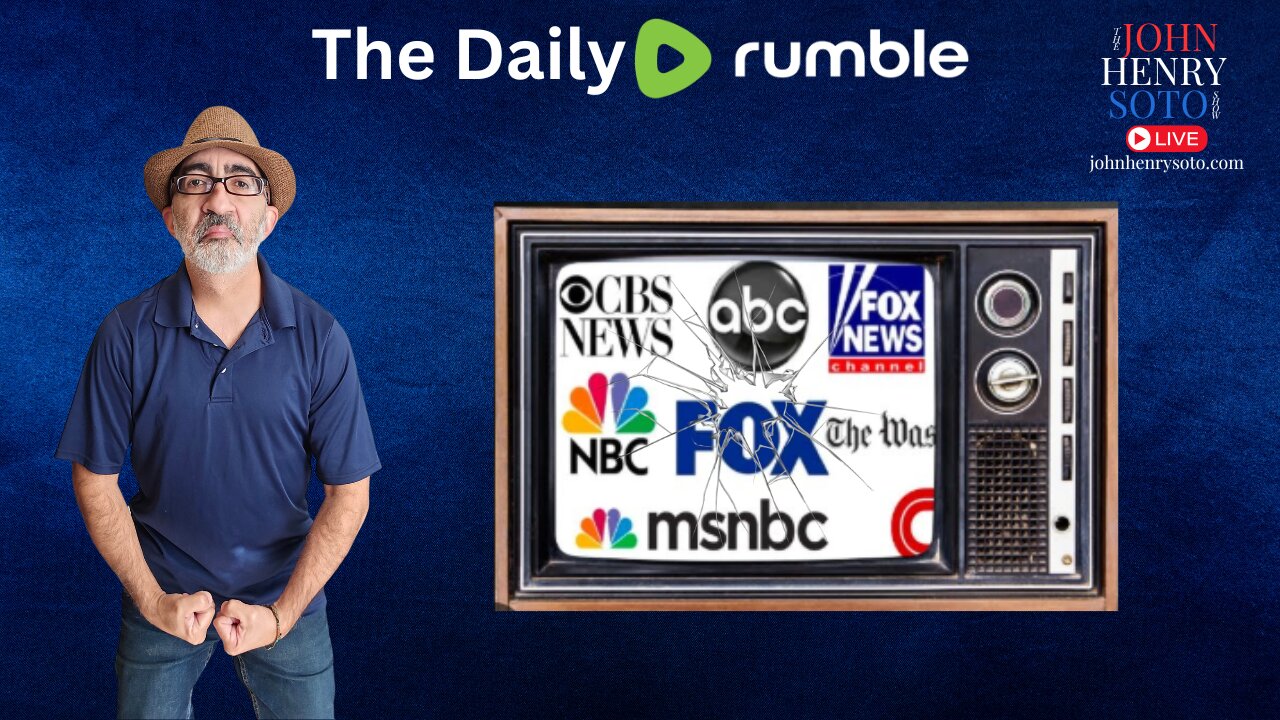
"How Social Media Took Over: The New King of Entertainment and Sales"
Social media has completely flipped the script on how people consume content, pulling in more viewers and engagement than traditional TV ever could. Platforms like YouTube, TikTok, and Instagram offer instant access to a limitless variety of content, tailored to individual interests through powerful algorithms. Unlike TV, where viewers have to sit through scheduled programming, social media delivers on-demand entertainment, news, and even live events right to your phone. This shift has led to massive declines in cable TV viewership, as people now prefer bite-sized, engaging, and interactive content over long, ad-heavy broadcasts.
From a business standpoint, social media isn’t just winning viewers—it’s selling better, too. Advertisers have realized that they can reach highly targeted audiences with precision, something traditional TV can’t match. Influencers, content creators, and even small businesses are leveraging platforms like Facebook Ads, YouTube sponsorships, and TikTok trends to sell directly to engaged audiences. Unlike TV commercials, which often get ignored or skipped, social media marketing blends seamlessly into content, making ads feel more natural and effective. The result? Higher conversions, more direct engagement, and a media landscape where social platforms are the dominant force in both entertainment and sales.
This shift has massively impacted the film and music industries as well. Independent filmmakers no longer need big studio backing to get their work seen—platforms like YouTube and Vimeo allow them to showcase their projects to global audiences without traditional gatekeepers. Musicians, too, are skipping the record labels and blowing up on platforms like TikTok, where a single viral moment can turn an unknown artist into a global sensation overnight. Social media has democratized these industries, giving artists control over their distribution, branding, and monetization in ways that were unthinkable just a decade ago. As a result, creativity is thriving, and the entertainment industry is evolving at a pace that traditional media simply can’t keep up with.
-
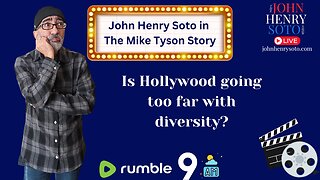 29:17
29:17
The John Henry Soto Show
4 days ago"Breaking the Mold or Storytelling: "When does Diversity go too far?"
102 -
 1:03:32
1:03:32
Winston Marshall
3 days ago"War On Children!" The DEMISE Of The West Starts With Schools - Katharine Birbalsingh
9.95K18 -
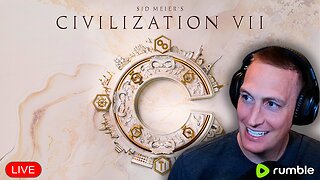 1:45:00
1:45:00
RG_GerkClan
4 hours ago🔴LIVE Sunday Special - It's Time for World Domination - Civilization VII - Gerk Clan
8.3K6 -
 LIVE
LIVE
Major League Fishing
3 days agoLIVE Tackle Warehouse Invitationals, Stop 1, Day 3
654 watching -
 23:34
23:34
marcushouse
4 hours ago $0.49 earnedBREAKING: Starship Launch IMMINENT – But What’s This SURPRISE Flight 9 Plan?! 🚀🔥
18.5K3 -
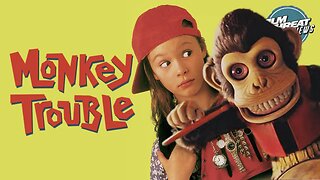 8:43
8:43
Film Threat
22 hours agoTHE MONKEY | Film Threat Reviews
35.6K1 -
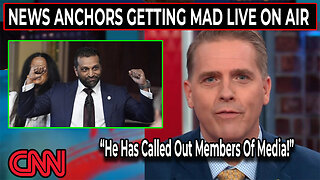 15:55
15:55
TSPLY
1 day agoThe Media Is Very Afraid Of FBI Director Kash Patel
23.2K22 -
 6:57
6:57
Cooking with Gruel
18 hours agoMake Cheese Great Again
19.7K10 -
 5:17
5:17
Mrgunsngear
21 hours ago $1.84 earnedPresident Trump Has Appointed A New ATF Director
21.7K23 -
 48:17
48:17
Athlete & Artist Show
8 days ago $0.01 earnedS5E1: Chucky Announces First Kid, 4 Nations Face Off, and more!
10.5K